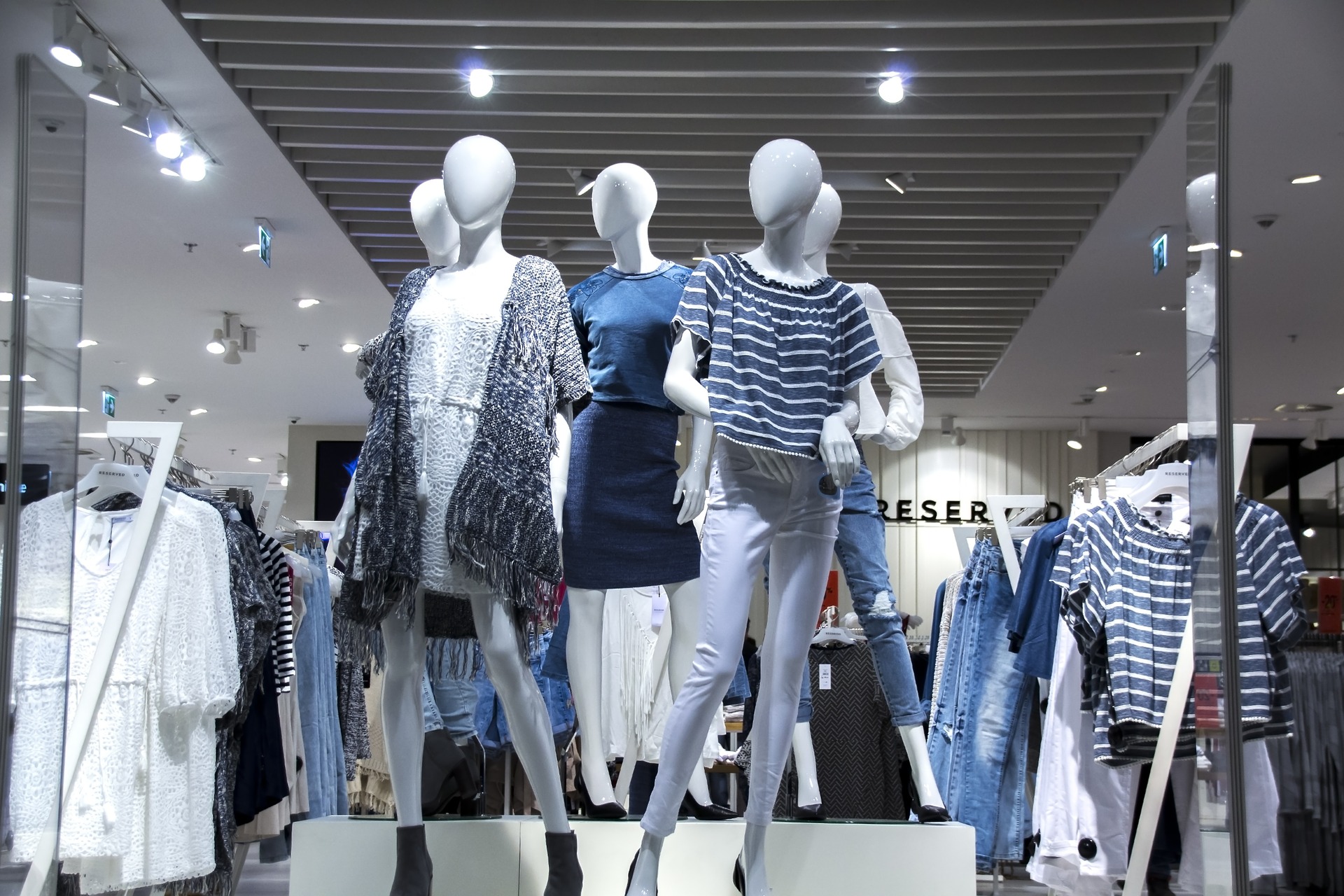Ethical Shopping: Are We Really On Board?
Author: Guy Chiswick | Published: October 23, 2017
Questions around ethics in the fast fashion industry have been high on the agenda ever since the tragedy of the 2012 fire at the Tazreen Fashions factory in Dhaka. This horrific incident urgently brought to our attention the human cost of fast fashion, highlighting serious health and safety concerns and paving necessary steps for safer worker conditions.
Documentaries such as The True Cost and the BBC’s Blood, Sweat and T-shirts have also shown us the stark reality of where fast fashion comes from – and joined the dots between our insatiable appetite for new clothes and the production processes behind it.
According to the 2016 Ethical Consumer Markets Report, the value of all ethical spending in the UK grew to £38billion in 2015. This trend was also mirrored in the Organic Market 2017 report, which revealed sales of organic food and drink have grown by 7.1% year-on-year, whilst non-organic food continues to show decline.
So what are the reasons behind this shift, and which brands are already leading by example?
Why are we shopping more ethically?
One reason we’re thinking about shopping more ethically is because of increased awareness of the impact our shopping habits have on the environment. According to Greenmatch and multiple sources including Eileen Fisher, fast fashion is the second largest polluter in the world, after the oil industry. Unilever research revealed a third of consumers (33%) are now choosing to buy from brands they believe are doing social or environmental good, with 53% of shoppers in the UK and 78% in the US saying they feel better when they buy products that are sustainably produced.
However despite this feel-good factor and our moral compass imploring us otherwise, when it comes to consumers choosing between ethical brands and the mass market, the decision can often be made based on the cost factor. Ethical products are generally more expensive to produce because of their production processes, sourcing of ethically-produced raw materials, labour costs, and commitments to environmental conservation.

